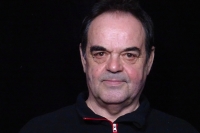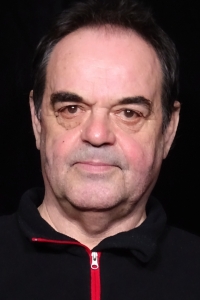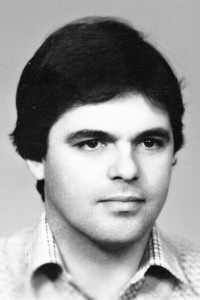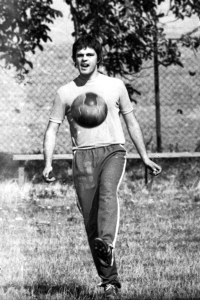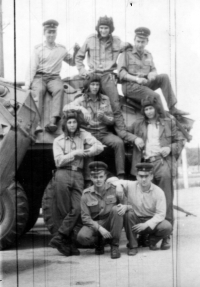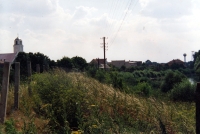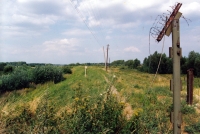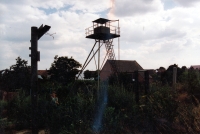Testimony from the border: how Stefan was brainwashed and Bari escaped
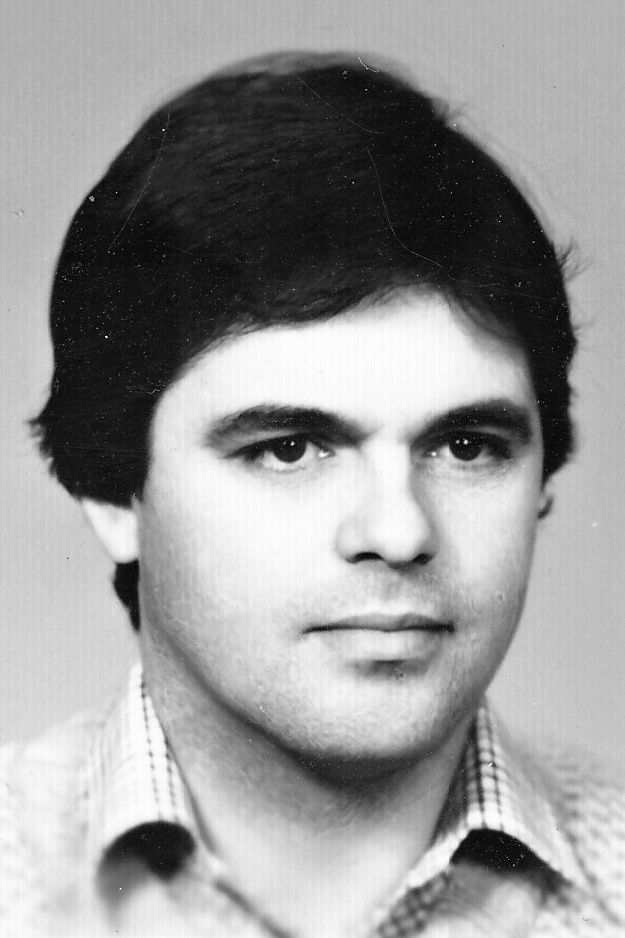
Download image
Štefan Uher was born into a Catholic family in Dolni Lopasov near Trnava, Slovakia, on 8 November 1954. He grew up in a village under the White Carpathians and witnessed the transformation of a traditional Slovak village. In August 1968, he watched a column of occupation troops passing through the village. In the autumn of 1974 he enlisted in the Czechoslovak People’s Army for basic military service. He underwent tough training as a Border Guard soldier in Malacky in southern Slovakia. He joined a unit in Záhorská Ves, where the Morava River formed the border between Czechoslovakia and Austria. He experienced the conditions in the army at that time, communist propaganda, the so-called “brainwashing” and violence among the soldiers. He was ordered to kill people who wanted to leave Czechoslovakia across the border. In September 1975, he witnessed the escape of Private Jiří Barteček to Austria. He faced suspicion that he had not prevented the escape and was threatened with punishment. At the time of filming in 2020, he was living in Piešt’any.
